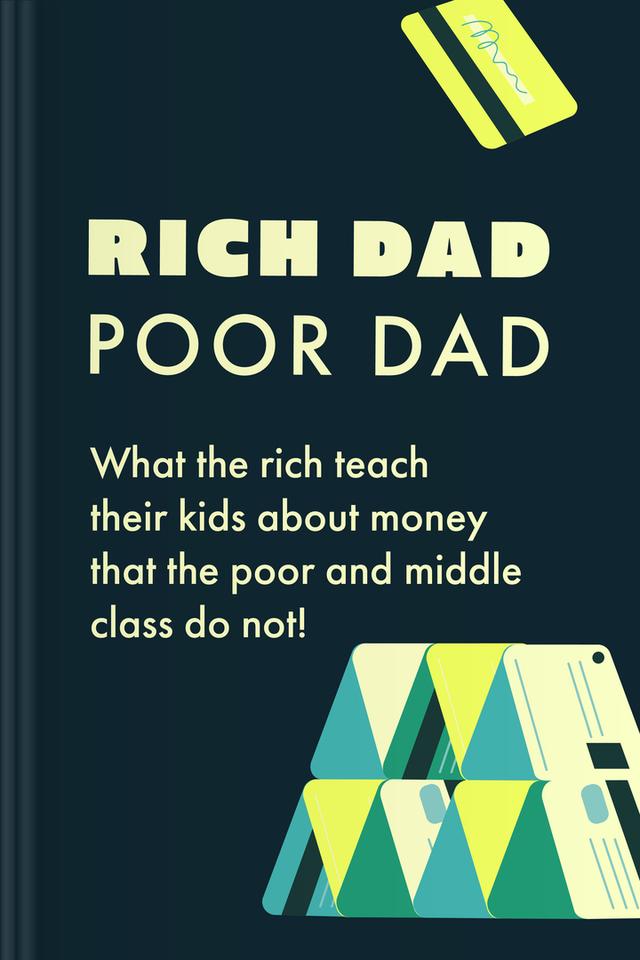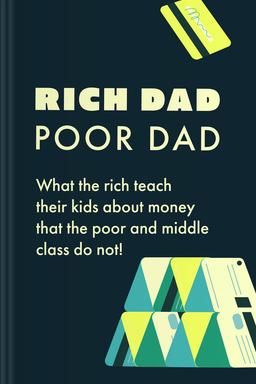You’ll learn
- What is financial education
- Why your house isn’t your asset
- How to start your own business
- Why it’s crucial to understand the tax code and legal system
- How and where to invest
Protect the world’s peace. Donate to support Ukraine

first KEY POINT
Like many other things, we choose our jobs to please others — mainly our parents. But what do we want for ourselves? Today, many people choose to be trapped in a race against themselves. The rat race idea is that you keep doing tons of hard and often unnecessary work to make ends meet. You do everything it takes, and your employer, the government, and utility bills take away nearly everything you've earned, leaving you with little or nothing to save.
Sadly, many individuals are aware of the rat race and hate to be part of it but are worried about backfiring from their social circle; they keep racing anyway.We've all heard conventional advice: “Go to school, study hard, get a good job, and everything will be alright.” The truth is, this advice is a clear indication of how the poor and the middle class see financial security. The rich don't see things that way. This is no longer the recipe for a life free of financial struggles. Good education and high grades no longer guarantee success.
You can go to college, graduate with a summa cum laude, get a white-collar job, and never have financial growth. You need to realize that no matter how hard you work, you will never be the one who benefits from your endeavors. One day you may have it all and lose it the next day. However, you can gain power over money and start building wealth from scratch with financial literacy.A more significant percentage of people in our society still follow the “go to school” advice. These people may avoid being poor, but they never grow wealthy. Societal disapproval prevents us from quitting the rat race and building wealth.
Did you know? Adjectives “broke” and “poor” have different connotations. The first is a temporary state; however, the second is an eternal quality.
second KEY POINT
Many individuals live in perpetual fear about their financial condition. They are afraid to blunder with paying their bills, getting fired, or not having enough money, which would force them to start over. Let's be honest; many of us fear not measuring up to other people's expectations, whether family or society.Then, there is greed. Most individuals have a price; once they get offered a high enough loan, most can't resist the thought of that “safe” paycheck at the end of the month and all the things they could purchase with it.These two factors trap these individuals in the pattern of getting up early, hurrying to work, stressing out daily, and working hard on something they often do not like.Then after a long month, they finally get the paycheck and bills. Each second, day, month, and year of their lives are run by a never-ending cycle of fear and greed. How does the latter manifest? Typically, we are afraid of losing our jobs, and greed shows when we can't wait any longer to get that paycheck — saving only enough to go on vacations from time to time and forget about the endless, unhappy struggle. Nevertheless, even if we make money, our greed will try to persuade us that it's still not enough, forcing us to continue the rat race.

Continue reading with Headway app
Continue readingfirst KEY POINT
second KEY POINT
third KEY POINT
fourth KEY POINT
fifth KEY POINT
sixth KEY POINT
seventh KEY POINT